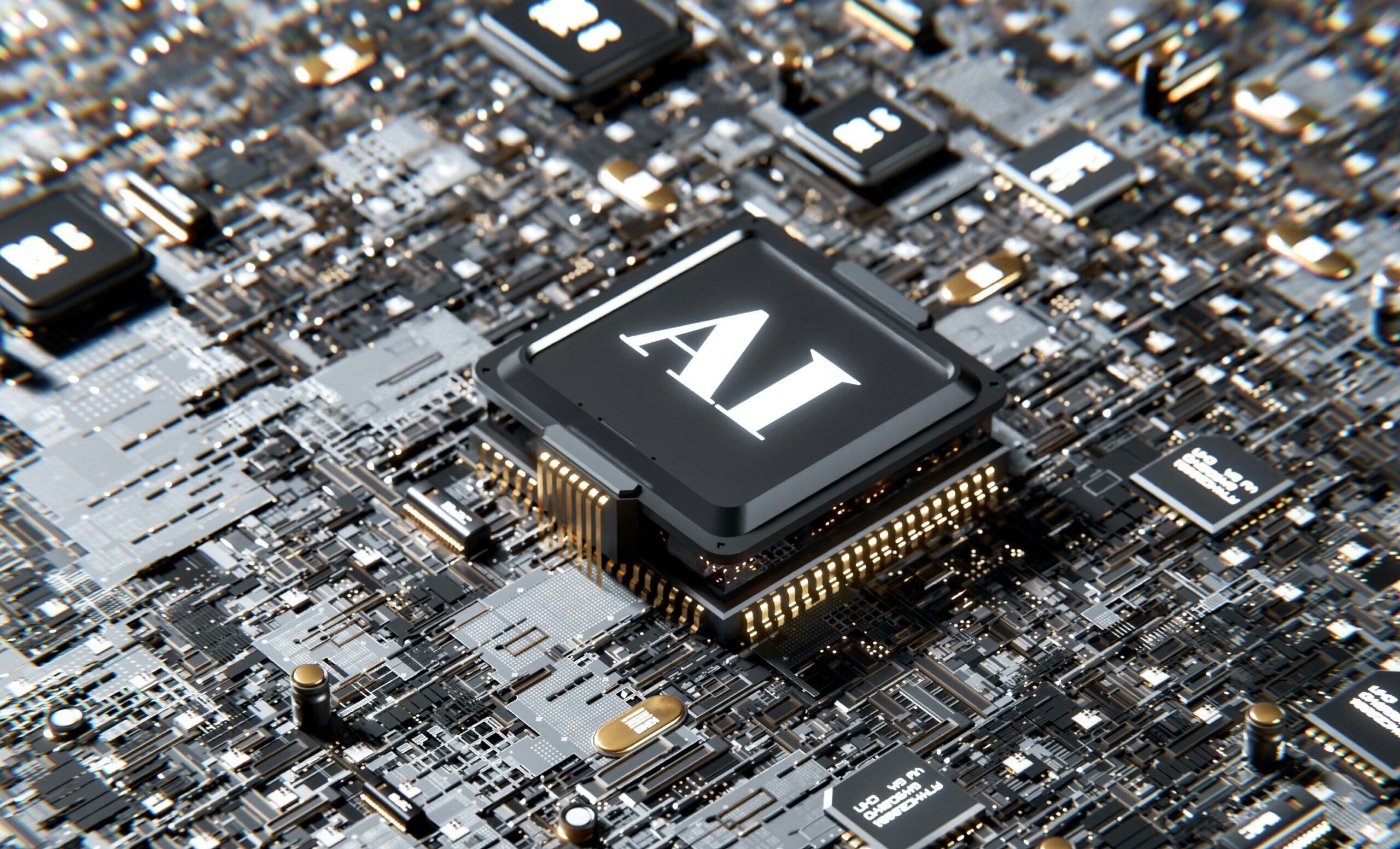The hype around AI has been immense – but will all the ideas and buzz around it come to fruition?
Many leaders interested in how AI could help streamline their operations are asking this question today. It’s particularly important to consider this when it comes to realistic expectations of AI use within specific tech subjects, such as software testing.
As a process, software testing can be applied in multiple different use cases, including user acceptance testing (UAT), regression testing, manual testing and more. Understanding how software testing methodologies operate is crucial to realizing AI’s role within it – and how it may or may not “change the game”.
Software testing is a vital part of business that helps ensure that software works as intended and meets user needs. Especially in the stages of software development, it is crucial to assess whether there are any faults, errors, gaps or missing requirements that could negatively affect user experience and security. That is why, with the continuous innovation and growth in complexity of modern software, users are looking for solutions that could help amplify and streamline their testing processes.
Today, it is becoming more and more prevalent that traditional manual testing is a long and tedious process that can be time-consuming and error-prone, leading to oversights and delays. This is why many companies started adopting automated testing platforms within their processes, which, according to the latest research in technology, has significantly improved speed, accuracy, risk reduction and cost-effectiveness. So, is there a way to further improve these processes with the help of AI?
Realistic perspective and how AI could actually be utilized in testing
According to the experts at Original Software, a provider of automatic software testing products and services, AI can certainly improve and accelerate certain aspects of software testing, such as object recognition within regression testing, standardized feedback or annotation creation for manual tests. However, AI will never be able to take over the whole testing process because it is not the right tool for building test cases for complex ERP systems, and here’s why.
Firstly, as experts argue, your systems are too complex for AI to generate test data, and training it to do so is going to be a very time-consuming and, in some cases, impossible process. To successfully perform this task, you would need to provide a copy of your production data to your testing company, which in itself poses a security risk. Spending the time to anonymize your data to share with a third party may be a very time-consuming task that requires a lot of effort and takes away the time from critical tasks at hand.
Additionally, you need to consider at what testing stage you’re in: do you already have test data that works for your environment? If so, is it necessary to put a large amount of effort into training and adapting AI to improve on that dataset, considering all the difficulties mentioned above?
For this reason, organizations should look at their testing software and think realistically: is there a way we can improve this? Can AI fall into any functions across our testing tech stack? Considering the advice from Original Software and the latest research is critical to understanding how AI and automation can best suit your specific business needs. Assessing whether adopting a testing platform could help you in these efforts could be the first big step toward improving your testing capabilities and operational efficiency.





